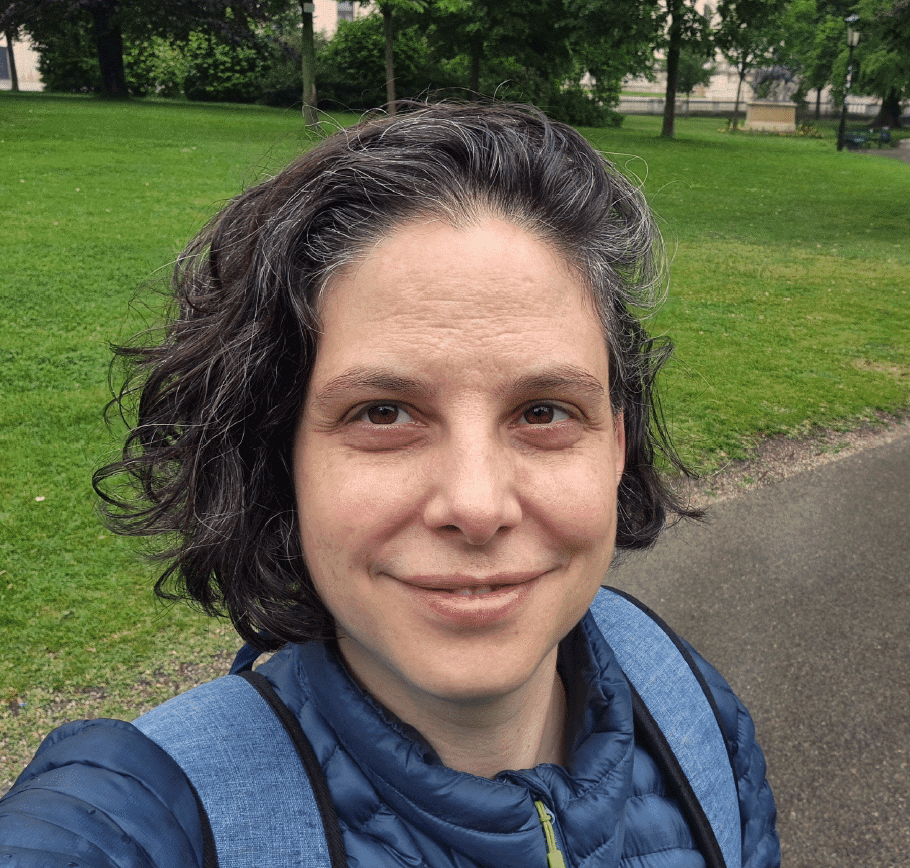Background
A PET/CT scan with F18-PSMA or Ga68-PSMA is an advanced and highly accurate imaging test used to detect and monitor prostate cancer. This scan utilizes a radioactive agent that binds to the PSMA protein (Prostate Specific Membrane Antigen), which is overexpressed in prostate cancer cells. The procedure combines two types of scans: PET (Positron Emission Tomography) and CT (Computed Tomography).
Preparation
No special preparation is required for the scan; however, fasting for four hours may sometimes be necessary (drinking water is permitted).
Procedure
The scan is performed in a nuclear medicine institute and typically takes about 2-3 hours.
Initially, the radioactive agent is injected intravenously into your arm. After the injection, you must wait about an hour for the agent to distribute throughout your body and be absorbed by the relevant tissues. During this waiting period, you should remain in a designated area and may read or rest. In some cases, you will be asked to drink several cups of oral contrast material during the wait.
The scan itself lasts up to 20 minutes and is performed using a state-of-the-art PET-CT machine. Occasionally, a contrast agent may be injected intravenously during the initial minutes of the scan. The procedure is painless and has no side effects.
Benefits
The PET PSMA scan offers considerable advantages over conventional imaging tests. It allows extremely precise detection of prostate cancer cells, including small lesions that may be missed by other methods.
Its high sensitivity makes it possible to detect metastases or disease recurrence early—even when blood PSA levels are still relatively low.
The scan provides critical information for optimal treatment planning, enabling the physician to determine the extent of disease and identify metastases in organs or lymph nodes. It is also used to monitor the effectiveness of treatments and evaluate their impact over time.
The radiation exposure from the scan is low and safe. Hospitalization is not required, and you may resume normal activities immediately after the procedure.

Dr. Ronit Gil
Specialist in Nuclear Medicine
Nuclear Medicine Institute,
Rambam Health Care Campus, Haifa

